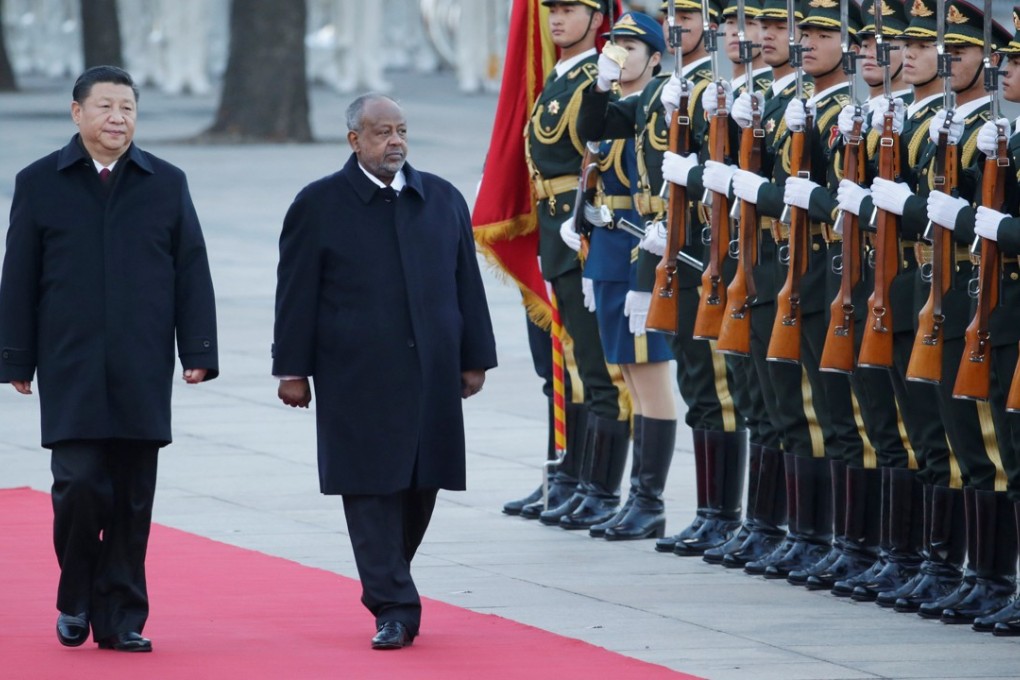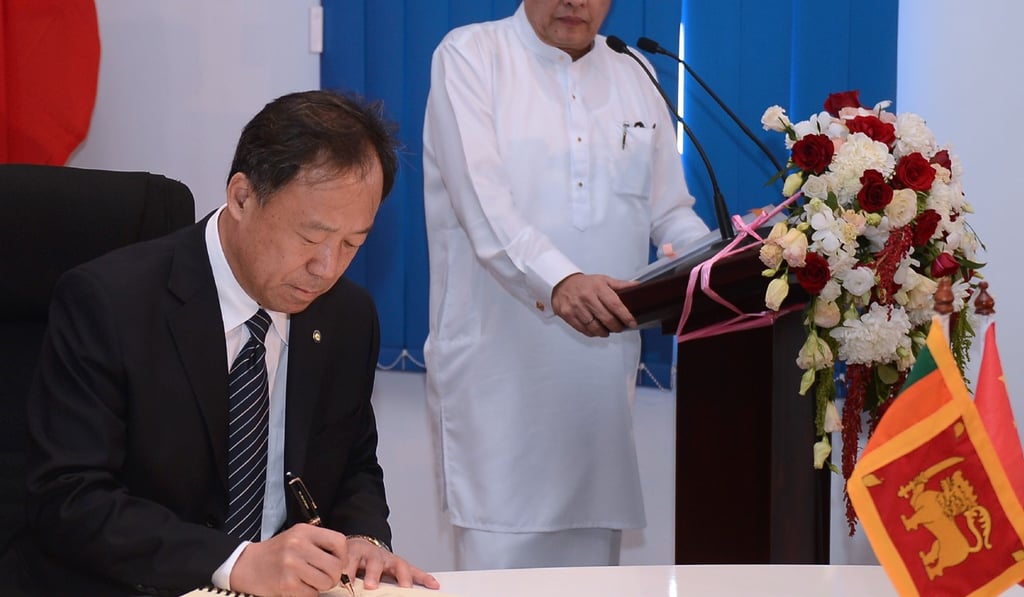Quick Take | Sovereign wealth funds: just a way for China and Russia to flex muscles?
‘Money and politics make a combustible mix: If you don’t get the formula right, it can blow up in your face’

When the Gulf emirate of Dubai acquired the storied British shipping and logistics firm Peninsular & Oriental Steam Navigation Company for US$6.85 billion, it sparked fears that governments could employ cash-rich sovereign wealth funds and state-run companies as political muscle.
Twelve years later, with wars raging across the Middle East and external powers jockeying for influence amid Western allegations that China and Russia are manipulating public opinion and buying influence, those fears have proven justified.
Dubai bought P&O through state-owned DP World, one of the world’s largest port management and terminal operators, although concern in a post-September 11 world that an Arab state would gain control of some of the busiest terminals in US ports forced the company to exclude P&O’s American assets from the deal.

11 projects that show China’s influence over Malaysia – and could influence its election
Thirty-one funds, including the China Investment Corporation, the Russia Direct Investment Fund, and funds of the oil- and gas-rich Gulf countries – representing 80 per cent of assets managed by sovereign funds globally or US$5.5 trillion – have signed on to the principles.
